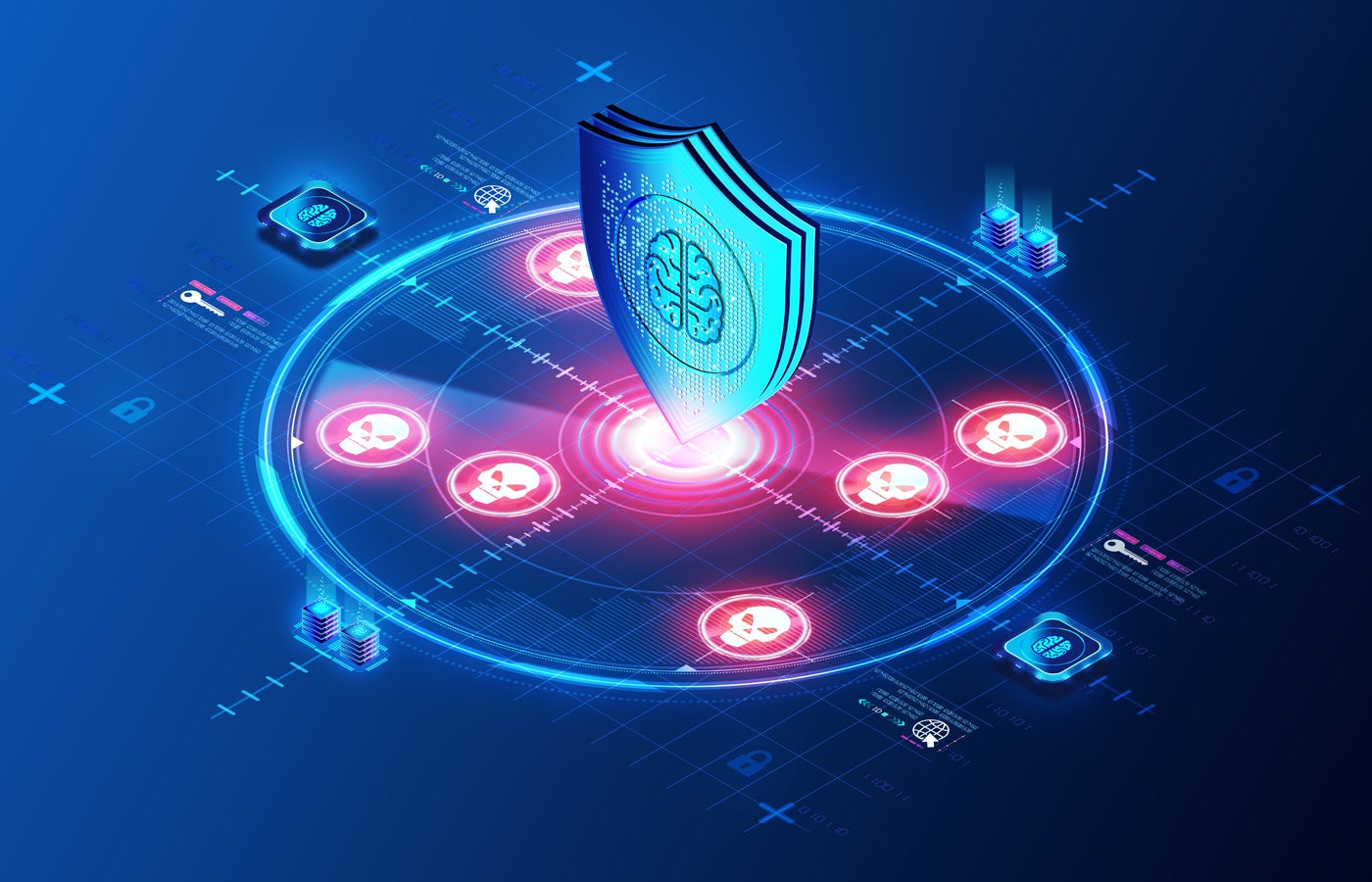Artificial Intelligence in Healthcare: A Comprehensive Overview
Every stakeholder involved in medical research or clinical trials is looking to create reliable predictive and prescriptive instruments and products for the diagnosis and treatment of patients. These stakeholders include health professionals, service providers, vendors, and technology companies.
As we’ll discuss in this article, healthcare artificial intelligence (AI) is assuming an increasingly important role, with the proliferation of AI healthcare startups, the expanding use of robotics in healthcare, greater integration of artificial intelligence in hospitals, and the growth of a “health AI” sector, providing new opportunities for automation in healthcare, AI-assisted surgery, and a growing AI medical diagnosis app market.
Technology in healthcare
Historically, there are numerous examples of technology in healthcare, ranging from the construction of the first syringes and stethoscopes to more advanced machines like the X-ray scanner, electrocardiogram, and magnetic resonance imaging (MRI).
The technological advances of every generation — the refinement of steel, analog to digital, mobile, and wireless communication — have had spillover effects on the health sector. The burgeoning field of artificial intelligence is no exception.
Types of Artificial Intelligence in Healthcare
What is artificial intelligence in healthcare?
Artificial intelligence isn’t a single entity. Rather, it’s a branch of computer science taking in strands from multiple disciplines, with the common theme of creating machines and systems that can perform complex tasks which would typically require human intelligence — but performing those functions in a manner that equals or exceeds what a human would be capable of. As such, there are several types of artificial intelligence in healthcare.
Universally, there are two main classes of artificial intelligence. Strong AI or artificial general intelligence (AGI) will consist of machines that can do a wide range of things, all at levels beyond what’s possible with human cognition. It hasn’t actually arrived yet.
What we have for the moment is narrow or weak AI — systems and machines designed to perform a specific task or small range of tasks extremely well.
Medical artificial intelligence manifests in physical systems, such as the robotic and automated platforms that incorporate AI in surgery, or the AI medical diagnosis devices and mechanisms which are taking much of the statistical and human error out of the vital equations governing human health and disease.
One of the branches of AI in healthcare is machine learning or ML, a process that uses complex mathematical functions or algorithms to enable systems to learn from past data, current information, and ongoing interactions. Machine learning in healthcare is powering systems that become “smarter” and more efficient at their work, as time passes and their experience increases. This has applications ranging from AI in healthcare statistics handling to AI diagnosis. Machine learning in medicine is also playing a role in optimizing and streamlining health care procedures and the administration of health facilities.
AI in Diagnosis
One of the principal benefits of AI in healthcare is the role it plays in diagnosis and treatment recommendations. Among the major trends of AI in medicine is the use of deep learning in medical diagnosis to detect cancer. Deep learning is an advancement on machine learning, which employs complex artificial neural networks similar to the structure of the human nervous system. These networks are able to train themselves continually, to the extent that current systems can achieve a breast cancer detection accuracy comparable to that of an average breast radiologist.
Since medical AI systems can aggregate data in a single place, they can use this information to see into previous and current health problems. Healthcare AI databases may contain millions of symptoms, diagnoses, and particular cases, facilitating early detection and enabling physicians to make a more accurate spot diagnosis, while allowing for the prediction of potential health problems that a person may have in the future.
Artificial Intelligence in Healthcare: Drug Companies
The integration between artificial intelligence and healthcare extends to the larger pharmaceutical industry. To date, all of ten of the so-called “Big Pharma” companies (Novartis, Roche, Pfizer, Merck, AstraZeneca, GlaxoSmithKline, Sanofi, Abbvie, Bristol-Myers Squibb, and Johnson & Johnson) have either expressly collaborated with AI service providers or acquired artificial intelligence technologies of their own. Most of these partnerships relate to drug discovery or development, while some focus on clinical trials and advanced patient care.
The costs associated with developing new drugs figures at around $1.2 billion and the discovery or development to the approval process may take up to 12 years. Nine out of ten clinical drugs fail to even make it to trials, and a lot more don’t reach the approval stage, driving the costs even higher. At the consumer end, these costs are often passed down to the patient, making drugs inaccessible, especially to those who are uninsured or underinsured.
Artificial intelligence in medicine has the potential to greatly reduce the close to $70 billion annually that the ten biggest pharmaceutical firms spend on research and development, and AI drug discovery companies are gaining in influence as a result.
AI in Assistants
One of the examples of artificial intelligence in healthcare that’s providing a medium for communication between remote patients, providers, and payers is the virtual health assistant or VHA. Like the digital assistants and chatbots providing services at the consumer level, this artificial intelligence healthcare application offers a conversational technology interface for AI in medicine.
Virtual health assistants must be built with healthcare intelligence, including an understanding of medical terminology, user intents, and context, and the ability to provide credible answers. They must therefore be able to handle diversions from the main conversation and unexpected responses and be able to constantly learn what the user’s expectations are.
There’s a broad range of use cases for virtual health assistants, including an AI nurse that can check symptoms, give palliative care, and find information about health care providers, services, locations, and coverage. Their ability to facilitate remote communication between patients and providers is making virtual health assistants especially important during the current pandemic of COVID-19.
Artificial Intelligence in Healthcare: Surgeries
The link between AI and surgery is strengthening, as the use of AI in surgery expands beyond technology merely acting as an extra pair of hands or eyes for human surgeons. AI has been very useful in identifying anomalies in medical imaging, helping to increase detection rates for cancer-positive lymph nodes, reducing the number of missed diagnoses, and helping to save lives.
AI-assisted identification of initial medical problems and the mapping of surgical sites is not only simplifying procedures but, in some cases, reducing or eliminating the need for surgery at all.
With artificial intelligence in neurology and other disciplines, surgical augmented intelligence systems are enabling doctors to create 3D images of the human body, providing surgeons with a much more accurate reference model when preparing for and performing surgery.
Possessing far more accuracy and precision than a human hand, surgical robots are becoming more common, with sensors that can enable them to see right down to the microscopic level. At present, these robots aren’t left to their own devices but are supervised and assisted by human medical professionals.
Future of AI in Medicine
The COVID-19 pandemic has accelerated the adoption of hospital-based robotic technology, and the immediate future of AI in healthcare involves remote, virtual, and mechanically automated methods for health delivery, communications, and administration.
For instance, a humanoid robot called Pepper has been helping some coronavirus patients in the intensive care ward at Höpital Pitié Salpétriére in Paris to communicate with their families, who are not allowed to visit. Other AI robotics systems are being used to disinfect patient rooms and operating suites, reducing risks for patients and medical personnel.
However, we shouldn’t expect the machines to replace their human counterparts — at least, in the foreseeable future. For one thing, most hospitals have fewer than 300 beds, and simply can’t afford the technology. And for many automated systems, special floor tracks, hallways, or navigation devices must be put in place to cater for AI in robotic surgery and general applications.
Artificial Intelligence in Healthcare: Pros and Cons
These artificial intelligence in healthcare examples demonstrate the several advantages that the technology has to offer, namely:
- AI helps to analyze diagnostic images and results faster and identify patients with various conditions earlier.
- Deep learning technologies can analyze images and recognize patterns, opening up the potential for creating algorithms that help doctors diagnose specific diseases more quickly and accurately.
- Machine learning and AI modeling are assisting drug companies in discovering and developing new products and treatments at a reduced cost and in a reduced time-frame.
- In addition to simplifying diagnostics and decision making for doctors, AI health apps are offering valuable advice and lifestyle adjustments for patients.
- AI robotics is helping health providers cope with the COVID-19 situation, enabling remote communications and the avoidance of physical risk.
Although the AI in the medical field is largely positive, there are some caveats. These include:
- AI systems and infrastructure may be too expensive for smaller institutions to accommodate.
- Robots and virtual communication tools may lack the human touch and sensitivity of real health professionals.
- Many healthcare professionals feel at risk of losing their livelihood to automated systems and tools.
- The reliance on AI diagnosis on vast data sets introduces the risk of errors, which could filter throughout a system and taint the accuracy of future treatments or results.
- With an imperfect understanding of human nature, emotions, and social circumstances, AI systems may make inappropriate recommendations that a human medical practitioner might be better able to spot.




